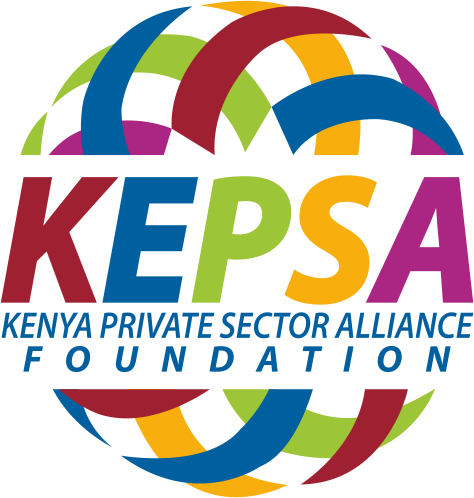Promoting Info-space Integrity in the Private Sector
Disinformation is already rampant at both national and grassroots levels, thriving in a complex information ecosystem fueled by political, economic, and personal interests. This sophisticated commercial enterprise uses a wide array of dissemination channels and technologies, impacting the political and business sectors as well as social interactions, thereby amplifying certain positions or influencing particular actors. Many businesses, both large and small, are unaware of the risks posed by disinformation and are ill-prepared to tackle it. In Africa, Nigeria stands out as the only country that has attempted to ratify global benchmarks to address disinformation.
Disinformation has been an impediment to business, originating from local mainstream media as of 2016 and becoming pervasive on social media by 2018. This issue has been exacerbated by a fragmented media landscape, chaotic online channels, and cultural shifts in how the Kenyan population consumes news, adversely affecting businesses. A concerted effort to address this problem is needed.
Research indicates that disinformation is often confused with misinformation, and the negative impacts on businesses are substantial. It is essential to help the private sector distinguish between the two. Disinformation is therefore a multifaceted issue requiring a collective approach. Currently, the legal and policy frameworks to curb disinformation are inadequate, and the private sector has not fully engaged in addressing the problem. Disinformation is a daily reality in Africa, affecting politics, society, and business in significant ways. The private sector needs to identify the sources and drivers of disinformation, understand the channels through which it spreads, and recognize the difference between misinformation and disinformation.
In collaboration with the Center for International Private Enterprise (CIPE), KEPSA Foundation commissioned a baseline study to establish the effects of disinformation on the private sector. The study was disseminated, and a proposal to establish a fact-check unit within KEPSA was floated. KEPSA Foundation proposed establishing this unit in two phases. CIPE funded the first phase, which involved sensitization and raising awareness through workshops for members, staff, and the board on the cost implications of disinformation to businesses and the importance of developing a private sector policy framework.
Phase II of the Information Integrity initiative will establish a policy-driven fact-check unit within the private sector, forming a foundation for effectively addressing disinformation with the support of willing coalitions.
Project’s Contact
- 7th Floor, South Tower, Two Rivers, Limuru Rd, Nairobi. P.O. Box 3556-00100 Nairobi, Kenya
-
+254 202730371
+254 720 340949
735 999979 - kepsa-foundation@kepsa.or.ke
Project Documents
Follow Project documetation


